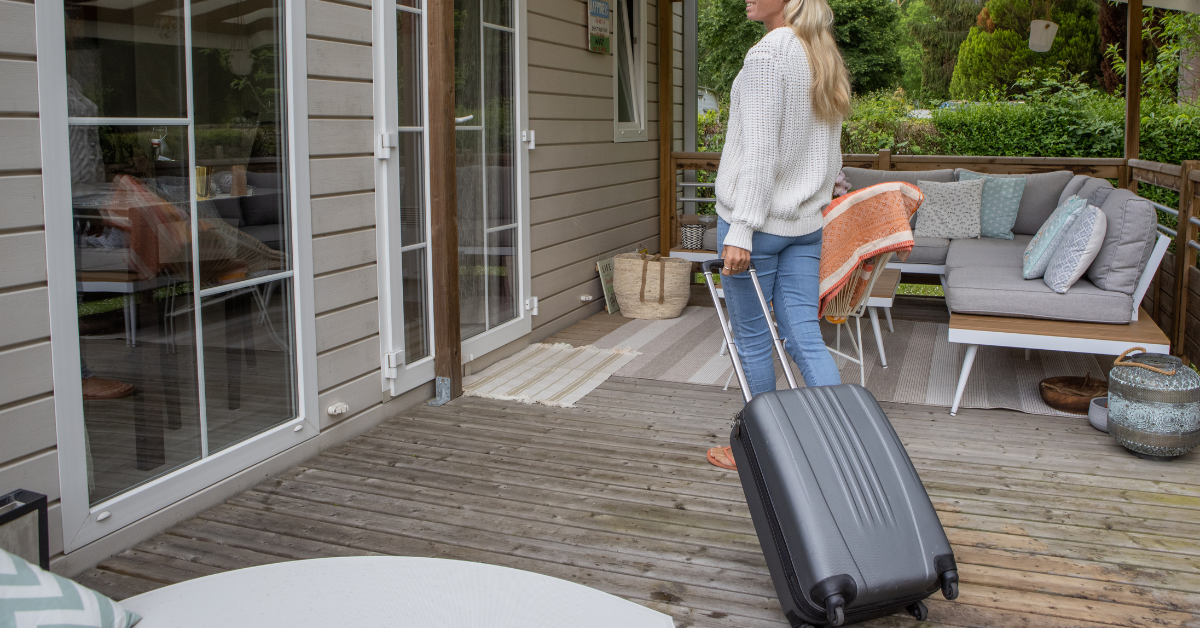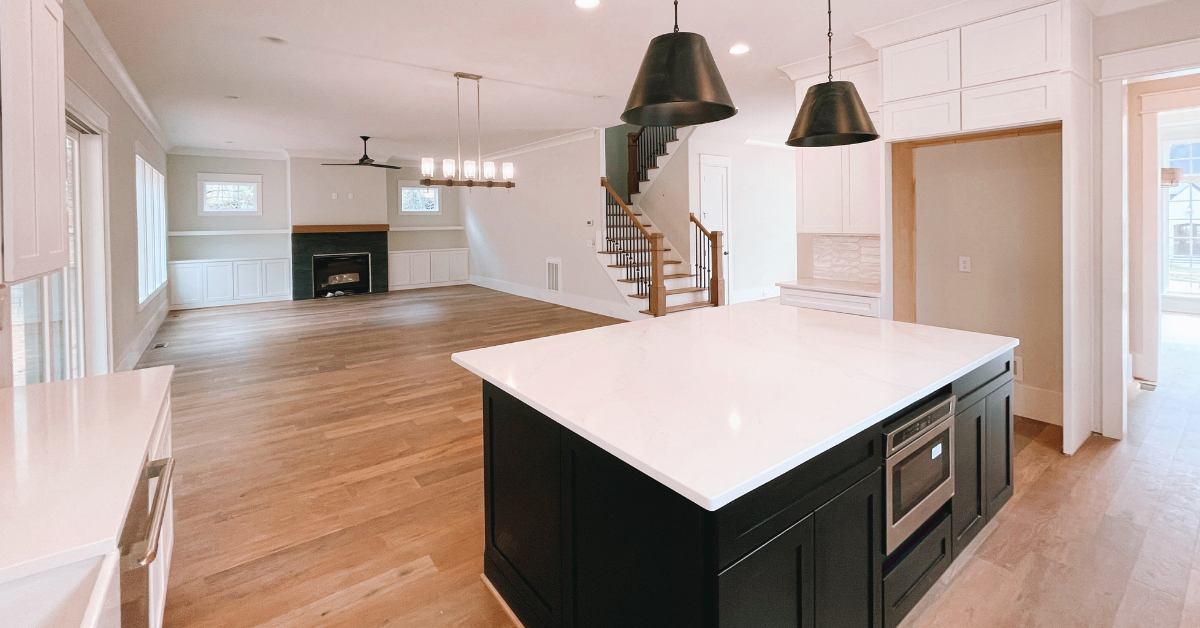If you own a short-term rental property (often used with services like Airbnb or Vrbo) or provide short-term rentals of your principal residence, ensure that you are compliant with municipal and township regulations in addition to understanding your HST obligations.
Across Canada, several townships and municipalities have implemented stricter regulations regarding short-term rentals in an effort to increase the availability of long-term rental housing. Some municipalities no longer allow short-term rentals, while others mandate registration. The definition of short-term varies, but short-term rentals are generally classified as rental agreements lasting 30-60 days or less. There are three separate rules and regulations that may impact your tax obligations related to short-term rental properties.
- Municipal and Township Regulations
- HST Registration
- HST When Selling a Short-Term Rental Property
Municipal and Township Regulations
Begin by verifying with the municipality or township where your property is located to ensure compliance with their laws and any administrative obligations that may apply. Many municipalities require property owners to register their short-term rental properties, renew these registrations annually, and collect and remit a municipal accommodation tax. Non-compliance with these requirements, which must be met by December 31, 2024, may result in penalties, including fines and other repercussions.
Failure to adhere to local regulations can also have significant income tax implications. The Federal government, in alignment with local authorities, will deny income tax deductions for expenses related to illegal short-term rental operations.
Example
Mr. Furley owns a rental property in Southern Ontario which generates $24,000 in gross rental income for the year. Typical expenses total approximately $19,900, including costs for insurance, mortgage interest, repairs and maintenance, property taxes, utilities and other deductible rental expenses. After deducting these expenses, Mr. Furley’s net rental income is $4,100.
If all of Mr. Furley’s rental property deductions were to be denied and deemed to be nil, he would be taxed on the full $24,000 of gross income. If Mr. Furley was being taxed at the highest marginal tax rate in Ontario of approximately 53%, he would have a tax liability of $12,720, compared to $2,173 with the deductions. The denial of expenses leads to an additional tax of $10,547.
HST Registration
If your short-term rental revenue exceeds $30,000 in any four consecutive calendar quarters you must register for the GST/HST, apply these taxes and remit them to the government.
HST When Selling a Short-Term Rental Property
The CRA has outlined specific circumstances under which HST may apply to the sale of a property primarily used for short-term rentals. If you own a cottage or vacation property that is not used more than 50% by you personally, that property could be subject to HST on sale if more than 90% of the rentals received are for less than a 60 period.
We Can Help
Owning a short-term rental property entails specific obligations and potential tax implications, making it crucial to confirm compliance with local municipal regulations, including registration and tax collection requirements. Additionally, understanding the application of HST on the sale of properties primarily used for short-term rentals is essential to avoid unexpected liabilities. Visit the municipality or township’s website where your short-term rental is located to confirm compliance with local regulations. If you have questions about your tax obligations when selling property, or any other accounting, tax, or business advisory items, please contact your Bateman MacKay Business Advisor. Topical accounting, tax, and business advisory articles pertinent to business owners can be accessed by subscribing to our blog and following us on LinkedIn.




